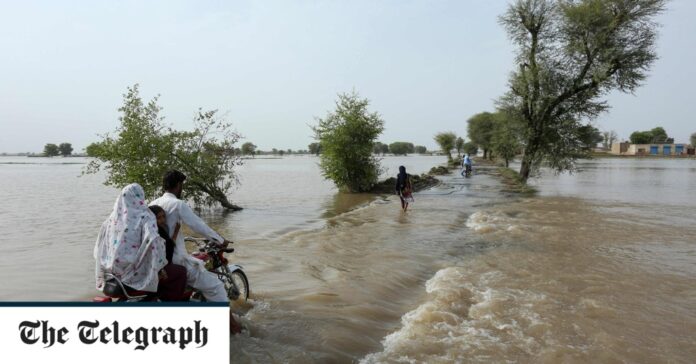Floods and other disasters have the ability to reverse decades of health and development progress, especially for the world’s poorest
This time last year, I was meeting people in the Punjab region of Pakistan who had lost everything because of an unprecedented deluge of monsoon rain, which had plunged a third of my country under water.
As I waded through decimated communities, the physical and mental trauma was unparalleled to anything I’d seen before. Over 33 million people were affected – more than the population of Switzerland, the Netherlands and Denmark combined.
Climate disasters on this scale have the ability to reverse decades of health and development progress, especially for the world’s poorest. When storms wipe out sanitation systems and cause wastewater to overflow, water-borne diseases like cholera and dengue spread amongst the most vulnerable.
Incapacitated by such diseases, communities don’t have the capacity needed to bounce back in the aftermath of a crisis.


